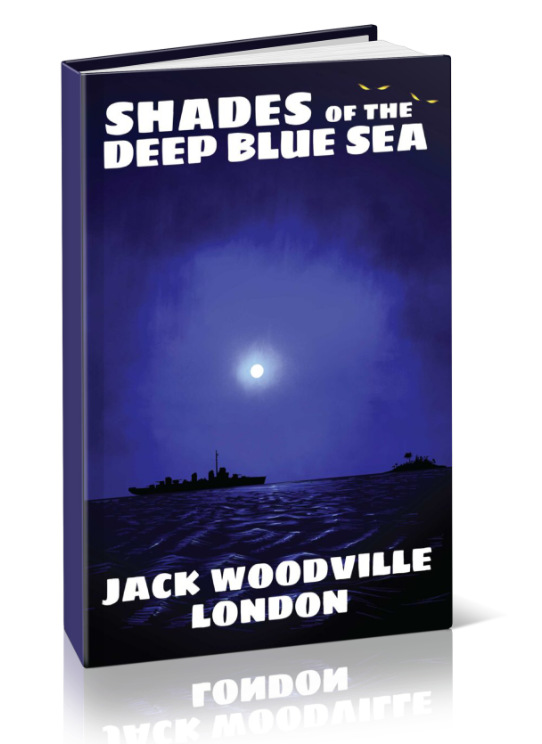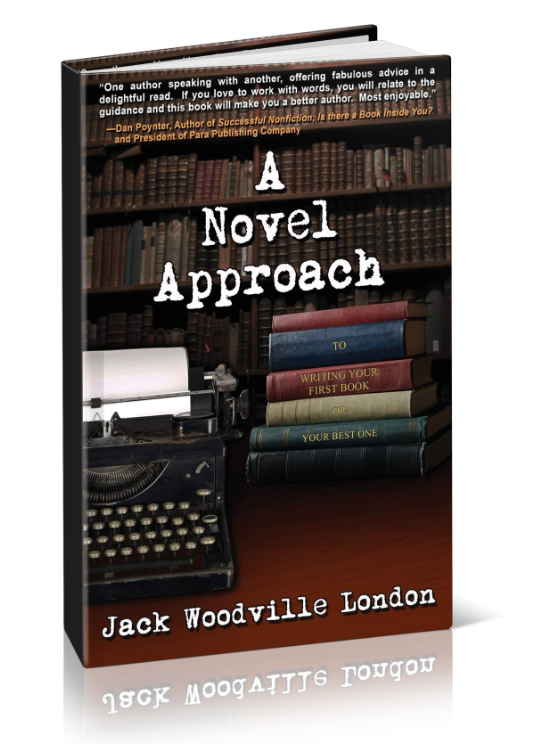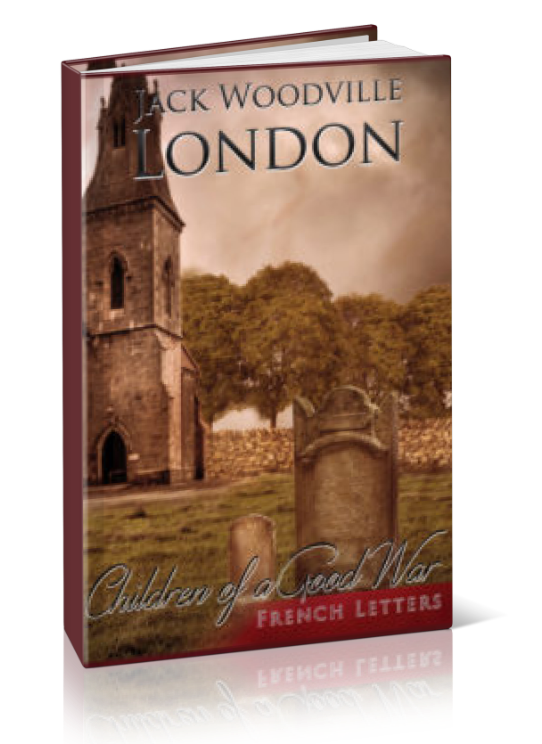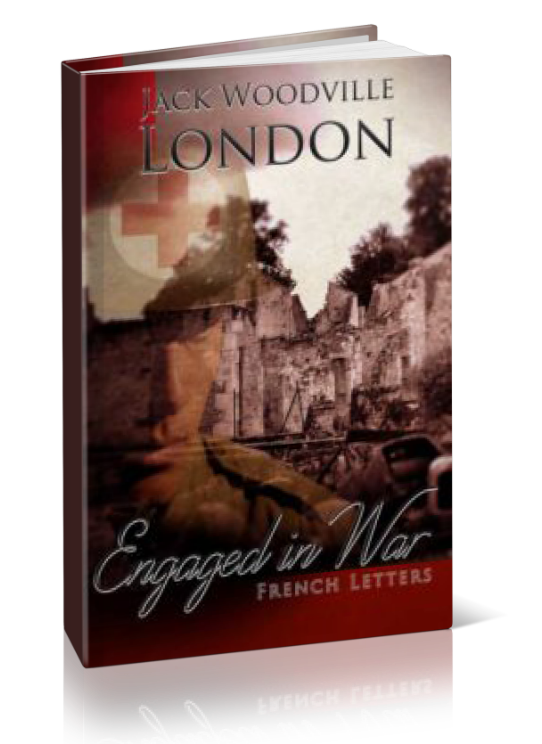French Letters Trilogy
Book 1 of 3: Virginia’s War
This book is a part of a series
Click to view others in the series.French Letters: Virginia's War is a poignant novel that earned uncommon critical acclaim, being named a finalist for "Best Novel of the South," an award given by the Anderson Foundation in honor of Willie Morris and a finalist for the Military Writers Society of America award for Best Historical Novel of the Year. This first book of the French Letters trilogy is the tale of one woman's home front experience, set against the back drop of the story of a small town that has plenty going on behind the scenes. It was there one morning that an unexpectedly pregnant Virginia Sullivan read in her father's newspaper that she had supposedly eloped with a soldier. This is news to Virginia, not to mention her "husband" Will Hastings, who was already off at war and knows nothing of it. Sullivan is the daughter of a small town's leading figure, a newspaper owner who, because of his knowledge of everyone's personal business, runs the local black market in ration coupons and hard-to-get tires and gasoline, and sister of Bart, a draft dodger who runs the post office while keeping her mail from going or coming and preventing Will Hastings, the lead figure in French Letters: Engaged in War, from knowing that Virginia is pregnant or that her father has published a phony story. There may be a World War going on thousands of miles away, but there's plenty going on behind the scenes in Tierra, TX to keep Virginia preoccupied.
Awards & Recognition
#1 Best Seller in War Fiction on Amazon Kindle
#8 in Historical Fiction on Amazon Kindle
Finalist for Best Novel of the South
Medalist for the Romantic Novels with a Twist contest
2011 Honorable Mention – Fiction from the London Book Fair
Spent several weeks on the Austin American-Statesman bestseller list
Behind The Book
Behind the Book: The Black Market, Ration Cards, V-Mail and Gossip French Letters: Virginia's War is the story of Virginia Sullivan and Sandy Clayton, the twelve-year old who is infatuated with her, as World War II lands heavily on small town America. While Sandy is mesmerized by stories of daring pilots and the return of a war hero, Virginia is expected to be chaste, wait for her boyfriend who is away in the war, and live under the iron rule of her father, who runs not only the local newspaper but also the local black market for ration coupons, hard to get tires, and gasoline cards. In 1941 more than half the population had never been more than seventy-five miles from home. The shock of Pearl Harbor was only the first awakening for a changing nation. Within weeks millions of American men were on trains to army and navy training bases. Women were headed to cities to become war production workers. Close behind were construction crews who built new forts, factories, and in Texas, airfields. Sixty-five new major fields were built in places like Pampa, Cuero, and Harlingen. In Lubbock alone, six thousand men got off the train and were bused out to the new airport where they would be trained as pilots of aircraft that had no engines. Glider pilots were expected to fly one way only, to carry troops on silent wings, land (or crash) in enemy territory, and get out of the glider to become infantry riflemen. These men wanted to jitterbug and dance the Lindy as much as anyone, particularly since they had even less chance than bomber crews of surviving the war. Other air bases, such as Cannon in Clovis and NAS Corpus Christi, were home to B-24 and fighter training schools. These new soldiers, airmen, and squids took their rare liberty passes into every small town in Texas in search of dance partners, wives, and women who in their new-found emancipation might send them off to war with something more than a kiss. Many did: the rate at which single white women in the United States became pregnant increased by at least 5% while the rate of single white women who married after becoming pregnant dropped by 5%. America was changing. One of the changes was the creation of ration boards. Four days after Pearl Harbor the Office of Price Administration (OPA) began to ration tires in a country that discovered the Japanese controlled all the rubber production of Southeast Asia. Tires were followed quickly by gasoline, sugar, meat, dairy products and virtually all consumer goods. Ration cards and stickers were issued, without which it was impossible to legally buy the limit of three gallons of gasoline a week, or to bake a cake, or eat more than a few ounces of meat or chicken. The tarnish on the bunting was the black market: in every town and city, entrepreneurs falsified reports of gasoline stored on farms and the number of cows born and slaughtered. Enterprising printers could generate counterfeit ration cards as easily as the government printing offices could do. The home front became a land of swing music, draft dodging, and unwed mothers. Another change was that the government read your mail. V-mail was written on a government form that, while free, was photographed by the post office and put on a microfilm strip and, with tens of thousands of other letters, sent from home to someone in the war (or vice versa) where the military post office would enlarge the V-mail, print it, and deliver it to the serviceman or, back home, to the family or girlfriend. Officers read every V-mail to censor and black out such things as where the soldier's unit was and who the enemy was that they were facing in combat. This assured that most of the letters were limited to such things as how much someone missed the other, that the food was good and the soldier was safe, and thanks for gifts that made it through. Unfortunately, V-mail was also how the troops learned that someone they knew had been listed killed or missing, or that someone was pregnant or, too often, that the wartime romance was over. 'Dear John' entered the language of goodbye and despair, perhaps exceeded in misery only by the absence of mail altogether. This was the world of OPA, rationing, black market, V-Mail, and girls who learned they were pregnant after their boyfriends left for the war, the world in which Virginia, Sandy, her father, the town gossips, and all the United States home front lived during the years of World War II.See more books

Shades of the Deep Blue Sea
As their ship crosses the Pacific, headed to war in the Philippines, the bumbling Olafson looks for ways to...
CONTINUE READING →
A Novel Approach: To Writing Your First Novel, or Your Best One
Characters. Conflict. Dialogue. Story arc. Editing. You can do this! In many respects it’s like building a home or...
CONTINUE READING →






